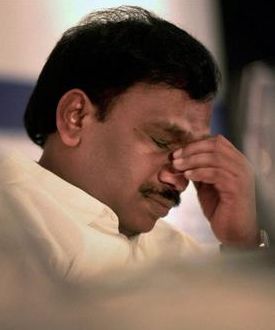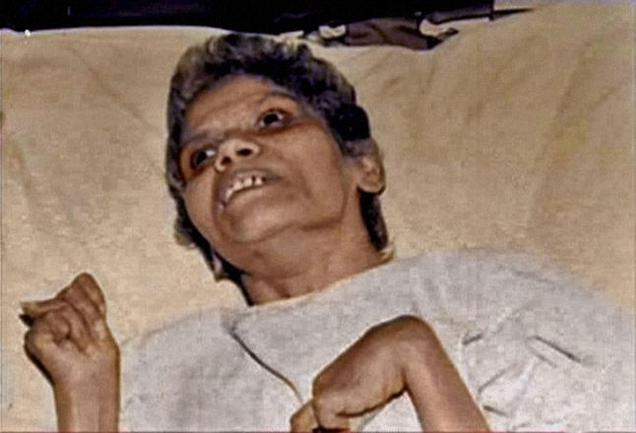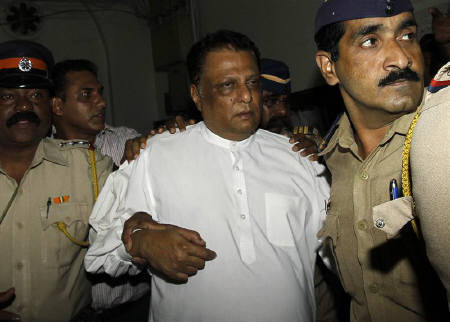Kerala Elections: CPI Accuses Congress of Making Efforts to Upset Democracy
BeyondHeadlines Special Correspondent Thiruvananthapuram: Ruling Left Democratic Front (LDF) ally CPI yesterday…
Apex Court Orders Food Commissioners to Pay Visit to Dantewada
BeyondHeadlines News Desk New Delhi: The Supreme Court has ordered Food Commissioners…
2G Scam: SC Gives Two-Day Extension to CBI to File Chargesheet Against A Raja
BeyondHeadlines News Desk New Delhi: The Supreme Court today allowed a two-day…
2G Scam: CBI Likely to Reveal Arrests of DB Realty Execs
BeyondHeadlines News Desk New Delhi: Post CBI's raid at several locations of…
Lawful Euthanasia – Outrageous And Impreactable
Abdul Subhan for BeyondHeadlines Baylor L Rev wrote in 1975: “We are…
Apex Court Sends Hasan Ali in Enforcement Directorate’s Custody
BeyondHeadlines News Desk New Delhi: The Supreme Court today remanded Hasan Ali…
P J Thomas to File Review Petition in Apex Court Next Week
New Delhi: P J Thomas to file a review petition in the…
SC Asks Parliament Not to Make Laws on Extra Territorial Matters
BeyondHeadlines News Desk The Supreme Court has held that Parliament cannot make…







